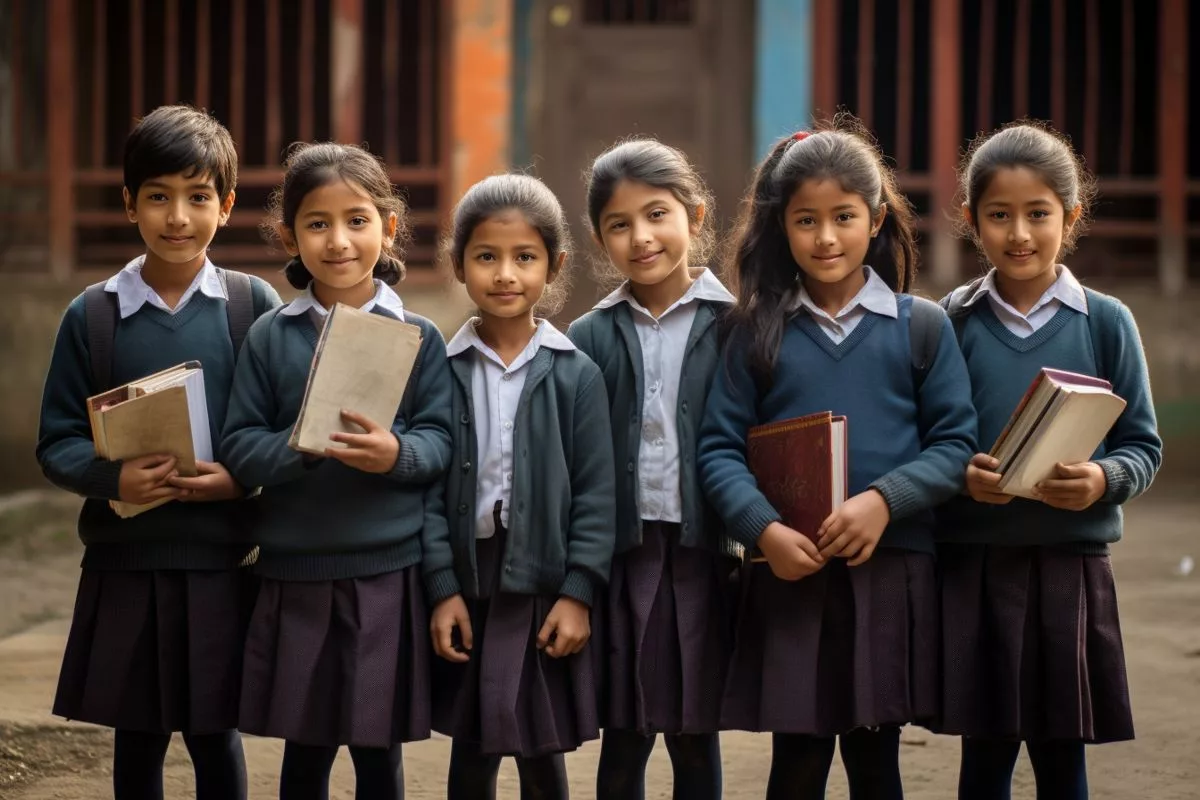Deputy Minister David Mahlobo is attending the Cairo Water Week 2023 event to advocate for sustainable water management in light of increasing water scarcity and climate-related challenges. He will focus on constructive dialogues concerning crucial policies, strategies, and measures related to water adaptation, emphasizing South Africa’s need to increase reuse, reclamation, and desalination projects. His involvement demonstrates South Africa’s dedication to promoting a sustainable future and addressing the impact of climate change on the water sector.
What is Deputy Minister David Mahlobo’s stance on sustainable water management?
Deputy Minister David Mahlobo is a strong supporter of sustainable water management, especially in light of increasing water scarcity and climate-related challenges. He will attend the Cairo Water Week 2023 event, where he will concentrate on constructive dialogues concerning crucial issues, policies, strategies, plans, and measures related to water adaptation. He stresses the importance of South Africa increasing projects that focus on reuse, reclamation, and desalination of seawater to enhance the country’s water resilience.
Deputy Minister Supports Sustainable Water Management
As the world faces increasing water scarcity and climate-related challenges, Deputy Minister David Mahlobo has emerged as a strong supporter of sustainable water management. He will attend the sixth edition of Cairo Water Week (CWW2023) from 29th October to 2nd November 2023. This esteemed global event, organized by the Egyptian Ministry of Water Resources and Irrigation, brings together ministers, water experts, stakeholders, and academics from across the globe for collaborative discussions and the development of innovative solutions.
Cairo Water Week 2023 is centered around the theme “Action on Water Adaptation for Sustainability.” The objective is to inspire cross-sectoral collaboration and the creation of inventive strategies for sustainable water resource management. In its five-year history, Cairo Water Week has evolved into a major platform for tackling urgent water-related challenges, playing a crucial role in shaping solutions and promoting cooperation on issues such as water scarcity, climate change, and ecosystem resilience.
Deputy Minister Mahlobo’s involvement in the event will concentrate on constructive dialogues concerning crucial issues, policies, strategies, plans, and measures related to water adaptation. The goal is to guarantee sustainability for the Arab, Mediterranean, African, and global regions. Essential topics of discussion include the technologies of reclamation and desalination of water in the African region, which could provide significant benefits to areas grappling with diminishing water supplies and water quality.
Desalination and Reclamation: South Africa’s Potential for Growth
Although South Africa’s current desalination capacity is small compared to other regions like the Middle East and North Africa (MENA), Australia, and the United States, it is crucial to acknowledge the potential for expansion. South Africa’s 33 desalination plants have a combined capacity of 200 Ml/d, primarily serving domestic consumption. However, these plants are generally considered nonviable for continued operation after drought conditions subside. Comparatively, some new projects in the MENA region approach capacities of 600 Ml/day.
Deputy Minister Mahlobo stresses the importance of South Africa increasing projects that focus on reuse, reclamation, and desalination of seawater to enhance the country’s water resilience. This aspiration is in line with South Africa’s National Water and Sanitation Master Plan, which calls for a rise in desalination capacity by 1,610 Ml/d (588 million m3/annum). This capacity development is also reflected in the National Development Plan of 2012 and the Department’s National Water Resources Strategy of 2023 (NWRS-3), which envisions 10 to 15 separate projects in coastal areas to accommodate the spread of coastal settlements.
Addressing Climate Change and its Impact on Water Resources
Recognizing climate change as an immediate threat to human societies and the environment, Deputy Minister Mahlobo plans to outline South Africa’s various initiatives related to policy, legal/regulatory, and strategies on climate change during the conference. He underscores the importance of considering the effects of climate change on the water sector and mitigating secondary impacts on other water-dependent sectors such as agriculture, health, mining, and energy.
Deputy Minister Mahlobo’s attendance at Cairo Water Week 2023 demonstrates South Africa’s dedication to promoting a sustainable future. By endorsing innovative solutions and cooperative strategies, the high-level event seeks to amplify Africa’s message to the global water community regarding the implementation of water and climate change-related goals and targets of the 2030 Agenda for Sustainable Development.
1. What is Deputy Minister David Mahlobo’s stance on sustainable water management?
Deputy Minister David Mahlobo is a strong supporter of sustainable water management, especially in light of increasing water scarcity and climate-related challenges.
2. What event is Deputy Minister David Mahlobo attending?
Deputy Minister David Mahlobo is attending the sixth edition of Cairo Water Week (CWW2023) from 29th October to 2nd November 2023.
3. Who organizes Cairo Water Week?
Cairo Water Week is organized by the Egyptian Ministry of Water Resources and Irrigation.
4. What is the theme of Cairo Water Week 2023?
The theme of Cairo Water Week 2023 is “Action on Water Adaptation for Sustainability.”
5. What is the goal of Cairo Water Week 2023?
The goal of Cairo Water Week 2023 is to inspire cross-sectoral collaboration and the creation of inventive strategies for sustainable water resource management.
6. What is South Africa’s potential for growth in desalination and reclamation projects?
Although South Africa’s current desalination capacity is small compared to other regions like the Middle East and North Africa (MENA), Australia, and the United States, it is crucial to acknowledge the potential for expansion. South Africa’s 33 desalination plants have a combined capacity of 200 Ml/d, primarily serving domestic consumption. However, these plants are generally considered nonviable for continued operation after drought conditions subside.
7. What does the National Water and Sanitation Master Plan call for?
The National Water and Sanitation Master Plan calls for a rise in desalination capacity by 1,610 Ml/d (588 million m3/annum). This capacity development is also reflected in the National Development Plan of 2012 and the Department’s National Water Resources Strategy of 2023 (NWRS-3), which envisions 10 to 15 separate projects in coastal areas to accommodate the spread of coastal settlements.
8. What is Deputy Minister David Mahlobo’s plan to address climate change?
Recognizing climate change as an immediate threat to human societies and the environment, Deputy Minister Mahlobo plans to outline South Africa’s various initiatives related to policy, legal/regulatory, and strategies on climate change during the conference. He underscores the importance of considering the effects of climate change on the water sector and mitigating secondary impacts on other water-dependent sectors such as agriculture, health, mining, and energy.








